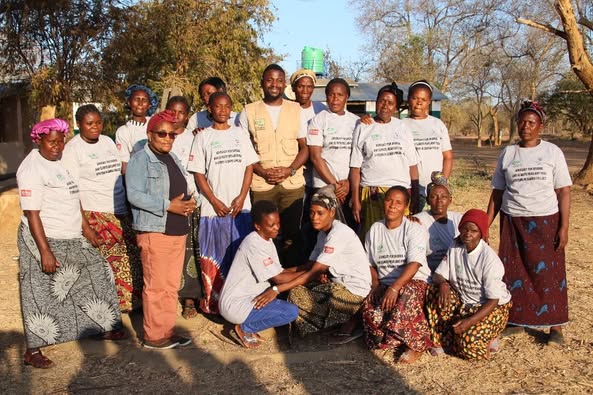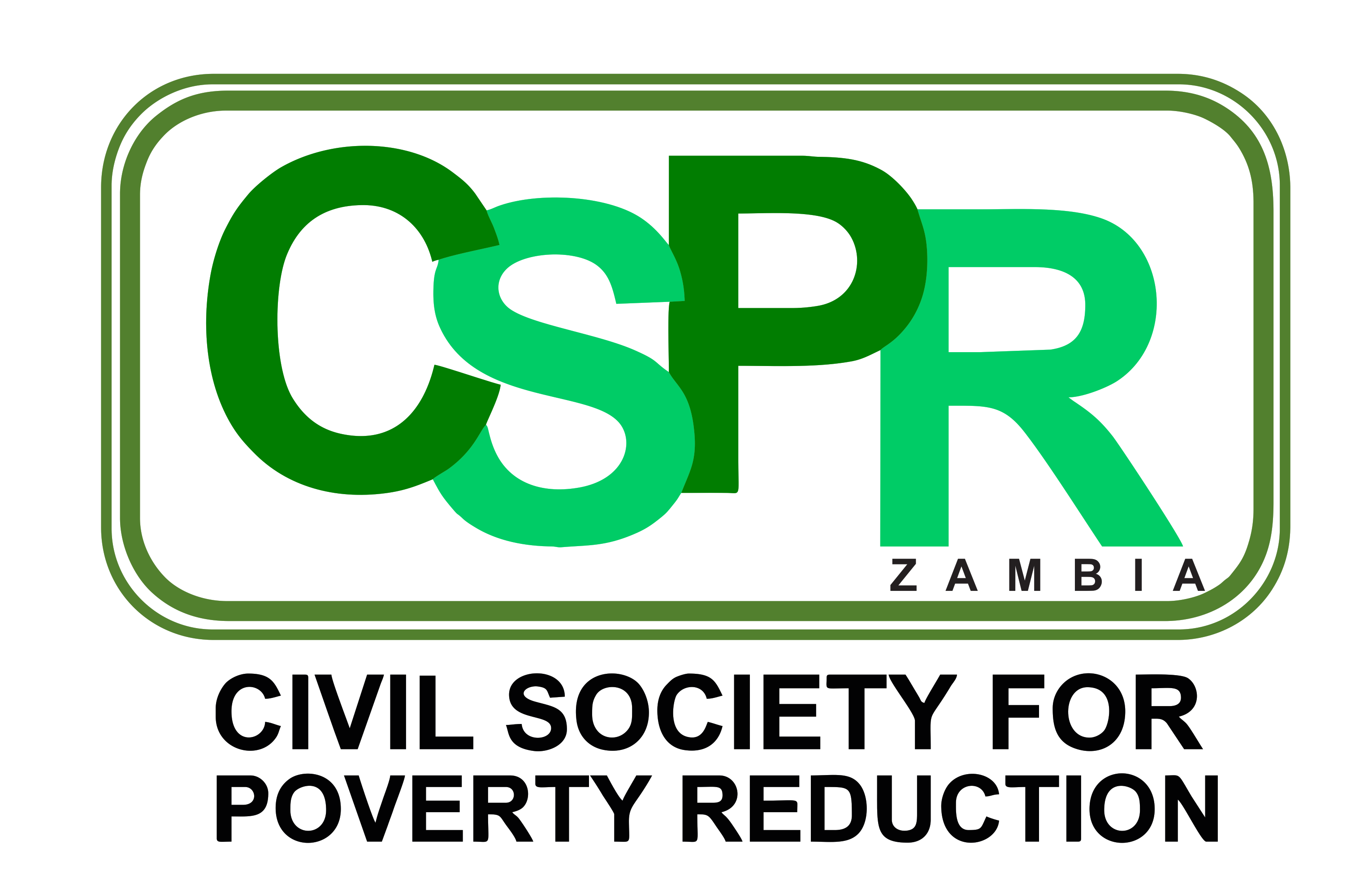
Women and youth groups in three wards of Rufunsa District have been urged to take advantage of the Constituency Development Fund (CDF) to build resilience in the face of climate challenges. This comes after information sessions organized by the Civil Society for Poverty Reduction (CSPR), under the Voices for Just Climate Action (VCA) project. The session aimed at demystifying the CDF application process for local communities, with a focus on projects that offer climate solutions.
Over the past few years, Zambia has seen unprecedented increases in the size and scope of the CDF, signaling a strong commitment by the government to address critical local challenges. From K1.6 million per constituency in 2021, the CDF has risen significantly, with allocations reaching K30.6 million in the 2024 national budget. This increase is part of a broader strategy to decentralize development funding and empower local communities through initiatives such as youth and women empowerment programs and secondary school bursaries, which are now locally administered.
During the information session, CSPR highlighted the importance of using the CDF to fund climate-resilient projects, especially in light of the Ministry of Local Government and Rural Development’s directive to prioritize applications focused on climate solutions. With Rufunsa facing severe drought conditions, climate finance has become even more critical for building community resilience.
The staff from Rufunsa District Council, who are responsible for the administration of the CDF, provided detailed explanations on the application process and the types of projects eligible for funding. They emphasized that women and youth groups should consider proposals that address climate resilience, such as sustainable farming practices, water conservation projects, and other environmental initiatives.
Many women in attendance expressed gratitude to CSPR for organizing the session, stating that the process had previously seemed complicated and inaccessible. “We have been trying to apply for CDF support for the past two years but were not successful. Today, we feel more confident because the application process has been made clear,” said one participant.
CSPR, through the VCA project, continues to advocate for a diverse and climate-resilient food system in Rufunsa and Chongwe. By facilitating access to CDF and other funding mechanisms, they hope to empower vulnerable communities to not only overcome climate challenges but also improve their overall livelihoods.
As Zambia continues to grapple with the impacts of climate change, initiatives like these are critical for ensuring that grassroots communities are not left behind. With proper access to funding and technical knowledge, women and youth in Rufunsa can lead the charge in creating sustainable, resilient communities.
In the words of former UN Secretary-General Ban Ki-moon, “Solutions to one problem must be solutions for all.” By connecting the dots between climate change, water scarcity, energy shortages, and food security, communities like those in Rufunsa are making strides towards holistic development and empowerment.
